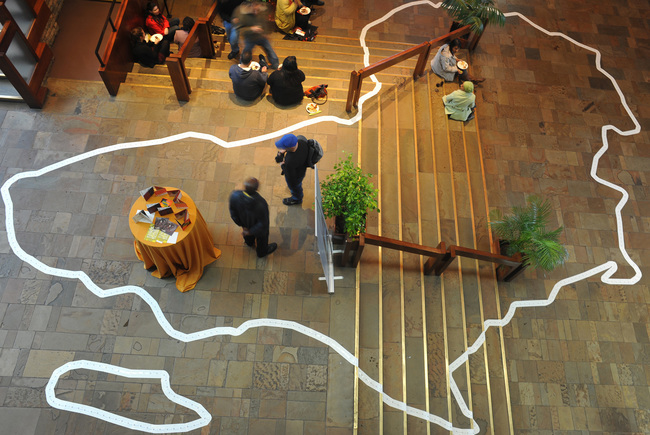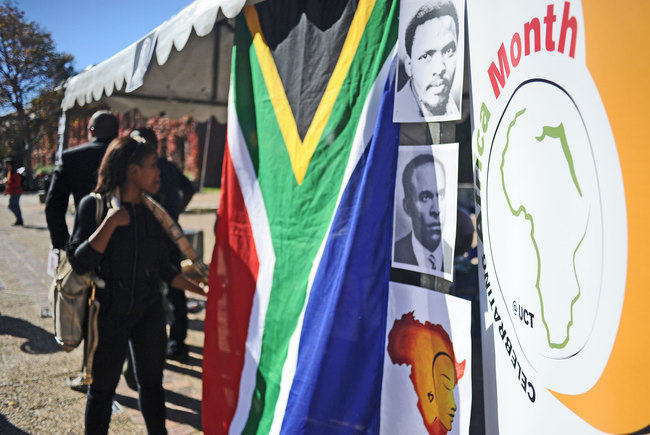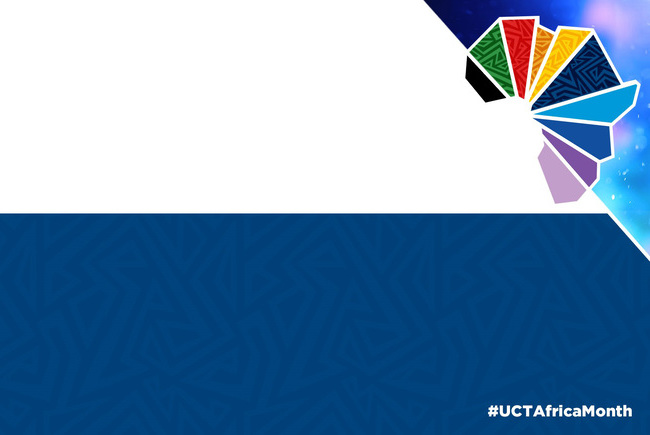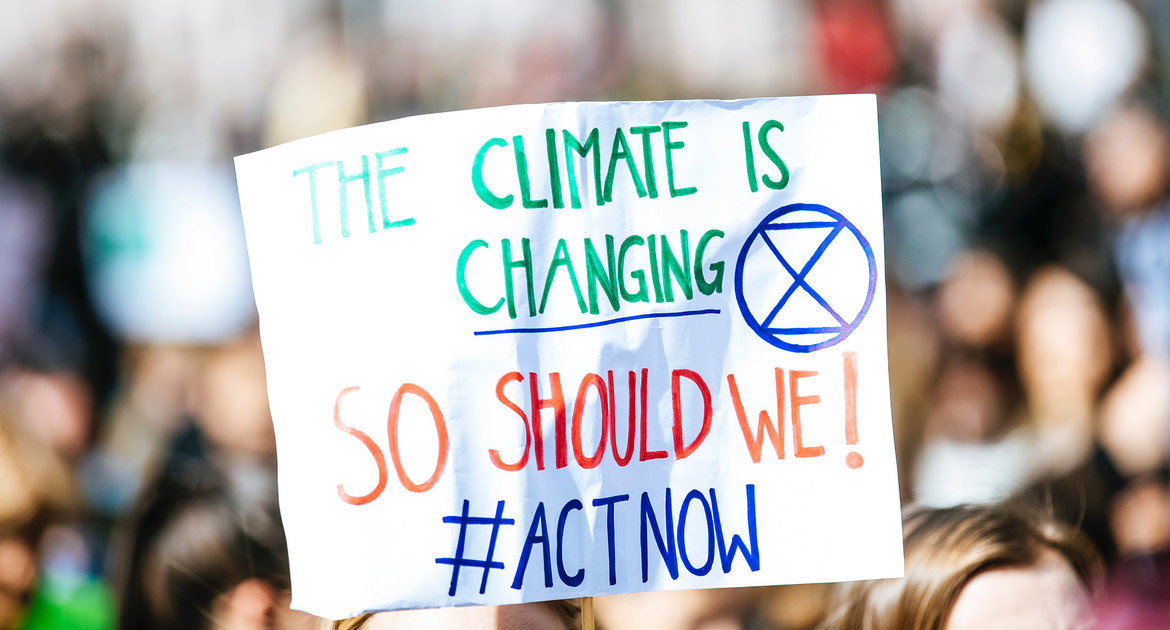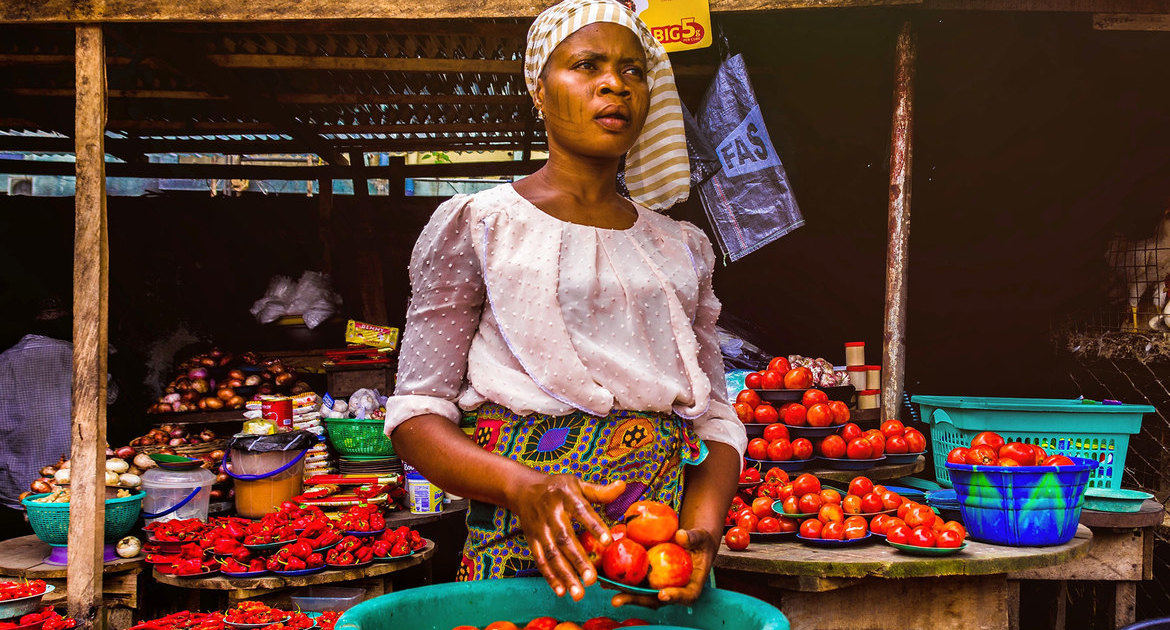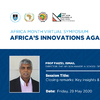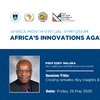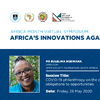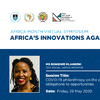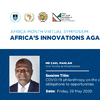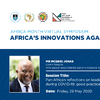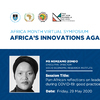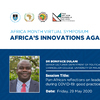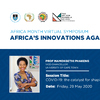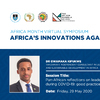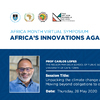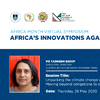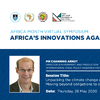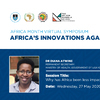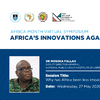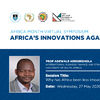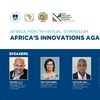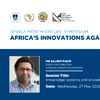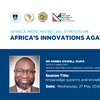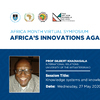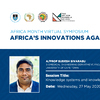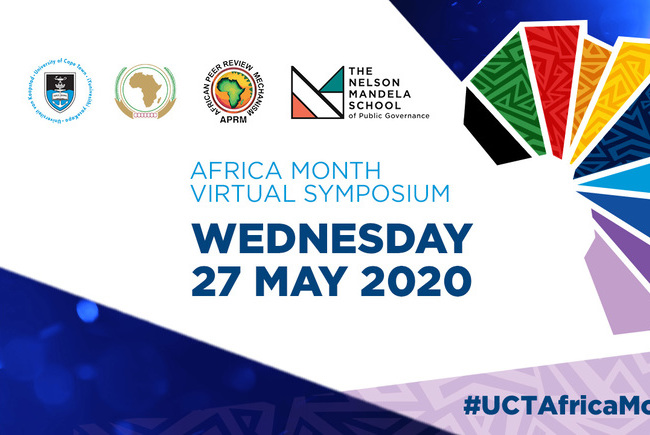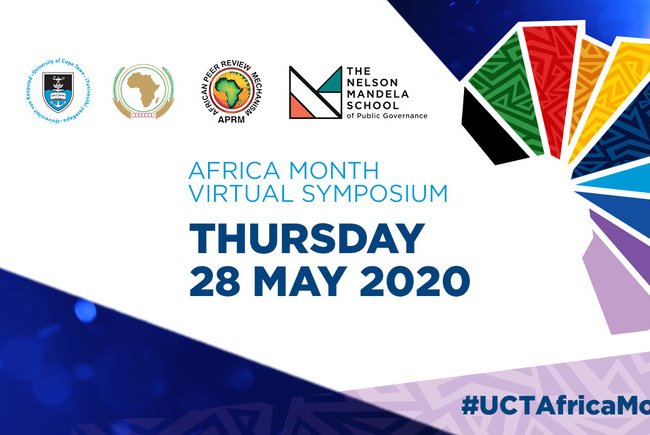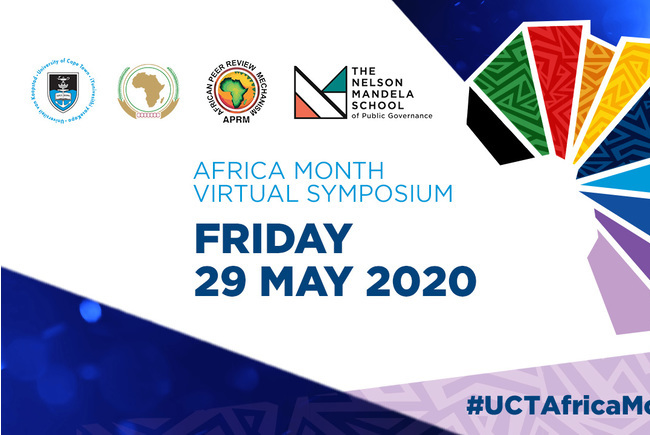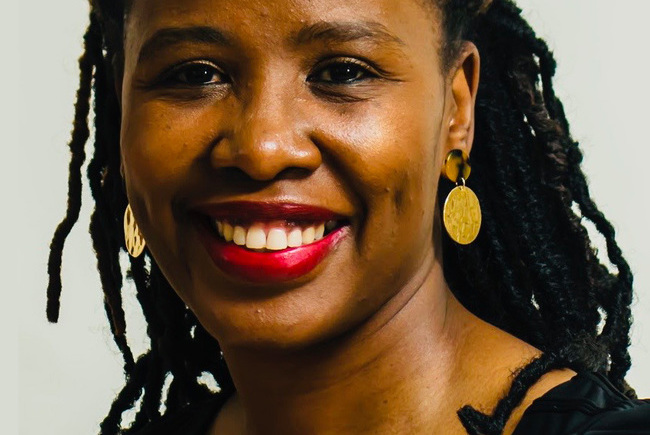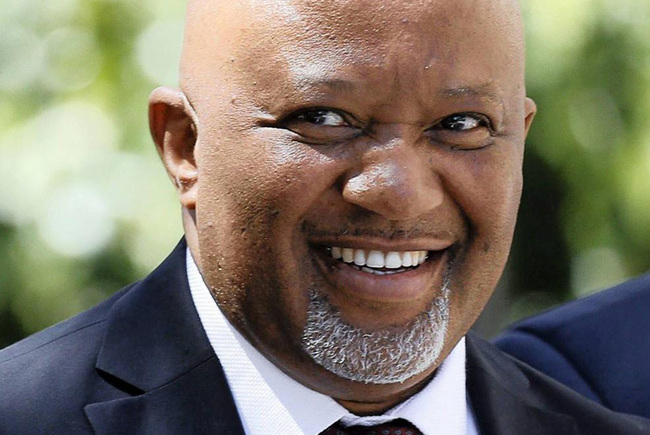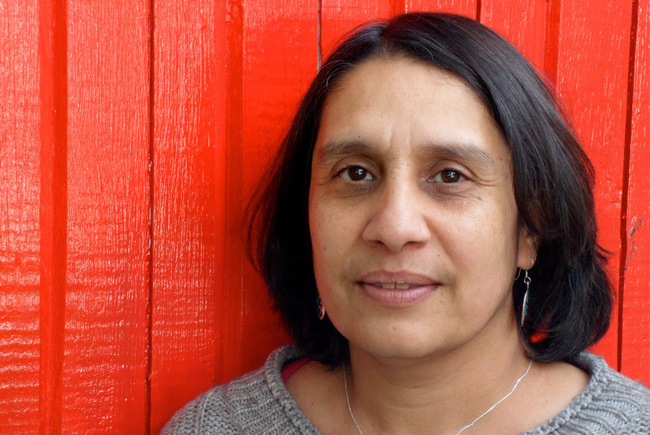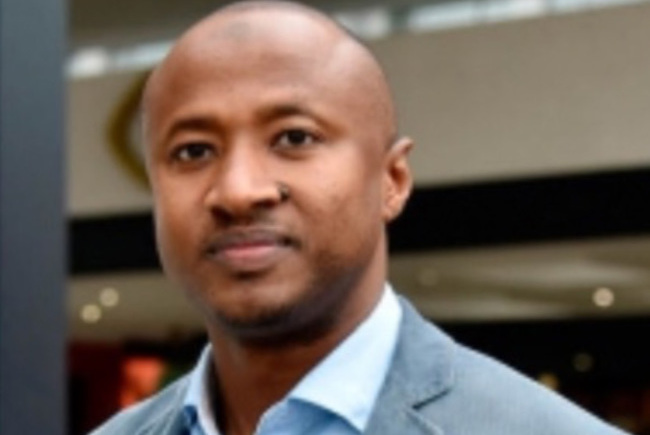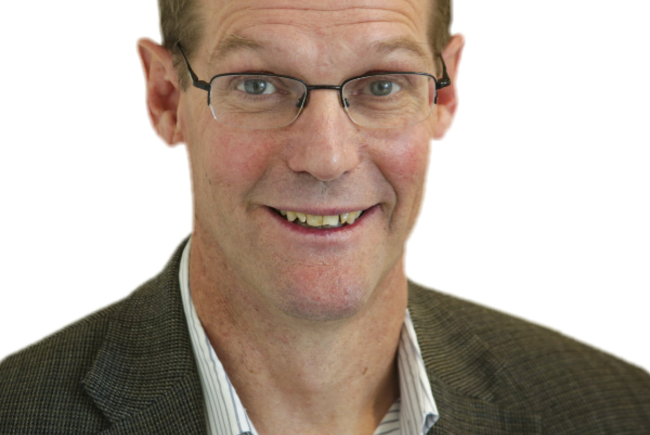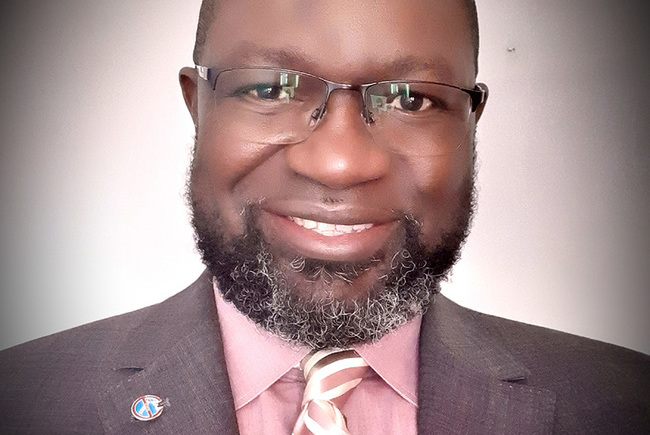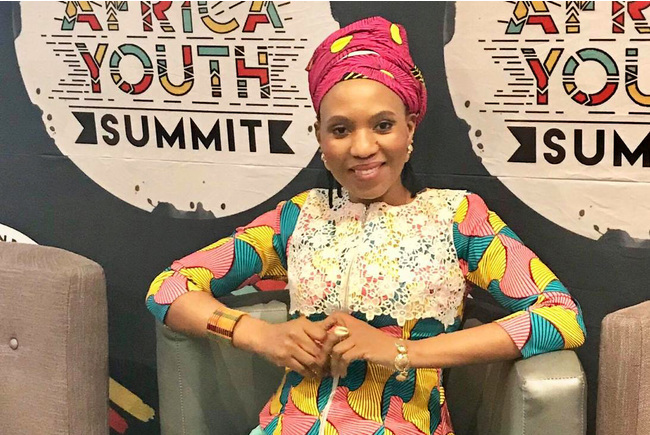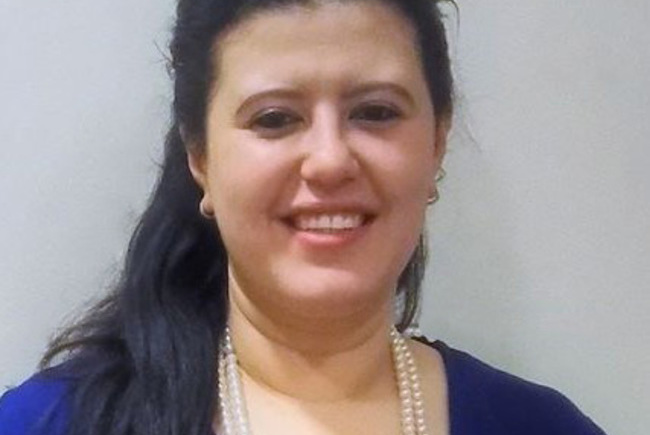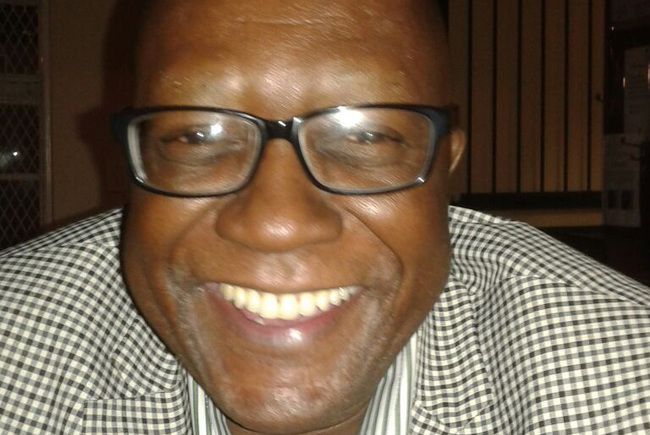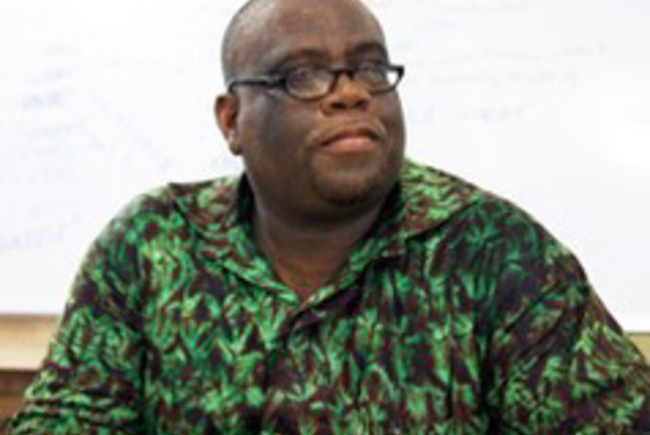Gaining knowledge through crisis
28 May 2020 | Story Nadia Krige. Photo Pexels. Read time 8 min.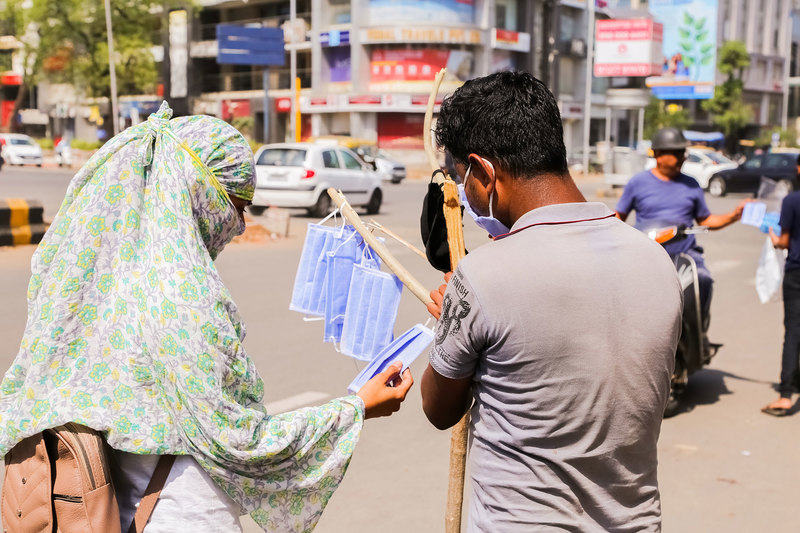
Although the COVID-19 pandemic has brought severe economic, social and healthcare challenges, it has also created opportunities for unprecedented innovation and collaboration. The ways in which this has been playing itself out in an African context was under the spotlight at the Africa Month Virtual Symposium this week.
Hosted by the University of Cape Town (UCT) Convocation, in collaboration with The African Peer Review Mechanism (APRM) and the Nelson Mandela School of Public Governance, the theme for the 2020 symposium is “Africa’s innovations in the global fight against COVID-19”.
“As we celebrate Africa month, we recognise the importance of working together as Africans, in the midst of these massive challenges facing the continent, the world and our communities,” said Professor Loretta Feris, UCT’s deputy vice-chancellor for transformation, in her opening address on Wednesday morning. “At the same time, we have to celebrate the opportunities we’ve been afforded.”
“As we celebrate Africa month, we recognise the importance of working together as Africans, in the midst of these massive challenges.”
She added that over the past few weeks, African countries have had to innovate, learn to adapt and work in different ways to what we’ve become accustomed to.
This set an apt tone for the first panel discussion, which focused on knowledge systems and knowledge production on the continent.
Moderated by Sara Hamouda, African Union Secretariat for APRM, the panel saw Dr Ahmed Ogwell Ouma, Deputy Director: Africa Centres for Disease Control and Prevention; Saliem Fakir, Executive Director: African Climate Foundation; Professor Gilbert Khadiagala, International Relations: University of the Witwatersrand; and Associate Professor Sudesh Sivarasu, Biomedical Engineering Department, Faculty of Health Sciences at UCT, bring a range of insightful observations to the table.
Sivarasu also shared some of the COVID-19-related innovations his team has been working on over the past few weeks, showing innovation for Africans by Africans in action.
Defining knowledge
With knowledge production being the topic for discussion, each of the panellists took some time to grapple with the definition of knowledge and how there may be a need to readjust the way we think about it.
Fakir pointed out that while scientific knowledge is fundamental to combat a disease like COVID-19, we cannot rely on this alone.
“To deal with complex and challenging problems in society, it’s insufficient to just rely on science,” he said. “We also need the knowledge that comes out of practice and experience. We’ve got to learn by doing … Doing is more important than theorising.”
Adding to this, Khadiagala pointed out that, when faced with a crisis such as this, we have to guard against mistaking the production of information for the production of knowledge.
“On the positive side, however, I think the crisis has galvanised our attention about how to generate new ideas that are going to help us solve problems and jumpstart important new policy initiatives,” he said.
Opportunity to reset the healthcare system
Leading on from this point, Khadiagala suggested that the knowledge we are gaining from the COVID-19 crisis should be employed to reset Africa’s healthcare system.
“Given our vulnerability to disasters and diseases, why haven’t we invested in public health systems that work?” he asked. “COVID-19 forces us to go back to the drawing board if we are confronted with emergencies of this nature in the future.”
This point was also highlighted by Ouma, who pointed out that the 2001 Abuja Declaration was very clear that member states of the African Union need to commit at least 15% of their annual budget to healthcare. However, in the almost 20 years since the declaration was signed, most African countries have not achieved this, with healthcare expenditure being between 6% and 9% at most.
“This is of course visible when you see very weak healthcare systems on the continent that are not able to respond rapidly to public health emergencies and outbreaks like COVID-19,” he said.
Relying on ourselves and each other
Importantly, Ouma said expenditure should not only be on salaries and consumables, but that resources should also be put aside for research and innovation.
“[This will ultimately enable African countries] to generate the kind of materials and equipment we need without having to rely too much on external countries,” he said.
As a biomedical engineer who is passionate about designing technologies that are appropriate to the contexts in which they are used, Sivarasu has long preached the gospel of medical innovations created for Africans by Africans in Africa.
In many ways, COVID-19 has forced this to happen, as subsequent global lockdowns have led to the crumbling of even the most reliable supply chains.
“We have no other option but to innovate on the ground,” he said. “COVID-19 is going to stay for long. If not COVID-19, then something else is going to take its place. We need to be prepared with the framework that will allow us to innovate beyond the now and to plan long term.”
UCT’s contribution to these goals
Since COVID-19 started posing a threat to South Africa, Sivarasu and his team have been hard at work creating a variety of solutions to help combat the crisis – from [designing] personal protection equipment (PPE) to open air ventilators.
The golden thread running through all their work is the fact that each innovation has been designed for a South African – and African – context.
“We have to innovate for scenarios like these and we can’t wait for imports.”
The UCT ViZAR (a disposable visor), for instance, is a simple face shield that acts as a first line of defence against possibly infectious airborne particles. While 3D printing has become the go-to production option for face shields globally, the UCT team have instead opted for a DIY approach with products that are readily available on supermarket shelves.
“If you look at the components, it’s a transparent sheet, comfortable foam padding and an elastic band to secure it around your head,” Sivarasu explained. “The materials to build something like this will cost you less than R10.”
Instead of chasing patents, Sivarasu and his team’s philosophy has been to make all their COVID-19 innovations open source, to ensure that they are accessible to those who might need them most.
“The point is that we have to innovate for scenarios like these and we can’t wait for imports,” he said. “The only way we can do this is if we ensure that the innovations come [from] our local resources.”
Never let a good crisis go to waste
There was a general consensus among the panellists that the coronavirus pandemic is an opportunity for Africa to reassess its weak spots and rise to the challenge of strengthening them.
“We should not waste this outbreak,” concluded Ouma. “Although it has come as a crisis and resulted in a lot of pain, it is also an opportunity to reset [Africa’s] public health agenda.
“The next outbreak will come. We need to take advantage of this crisis to ensure that we are better prepared in a sustainable way.”
 This work is licensed under a Creative Commons Attribution-NoDerivatives 4.0 International License.
This work is licensed under a Creative Commons Attribution-NoDerivatives 4.0 International License.
Please view the republishing articles page for more information.
Africa Month at UCT
During the month of May we commemorate the establishment, in 1963, of the Organisation of African Unity – a precursor to the African Union – which made Africa a pioneer in continental unity and nation building. As a celebration of this moment, UCT will be participating in a series of virtual symposiums on “Africa’s innovations in the global fight against the COVID-19 pandemic” to discuss pertinent governance and developmental issues in Africa, towards the formulation of policy recommendations. The university also curated responses from across the university community about what it is that makes us African, and how this informs what we do.
Africa Day, 25 May 2020
UCT Africa Month Virtual Symposium Series
Day 1: Wednesday, 27 May 2020
Opening remarks and Session 1: Knowledge systems and knowledge production on the continent
Session 2: Why has Africa been less impacted? Best practice examples in Africa
Day 2: Thursday, 28 May 2020
Session 3: Unpacking the climate change and development nexus in Africa: Moving beyond obligations to opportunities
Day 3: Friday, 29 May 2020
VC’s Introduction and Session 4: Pan-African reflections on leadership and good governance during COVID-19: Good practice, challenges and opportunities
Session 5: COVID-19 philanthropy on the continent and Closing: Key insights and practical implications
Audio
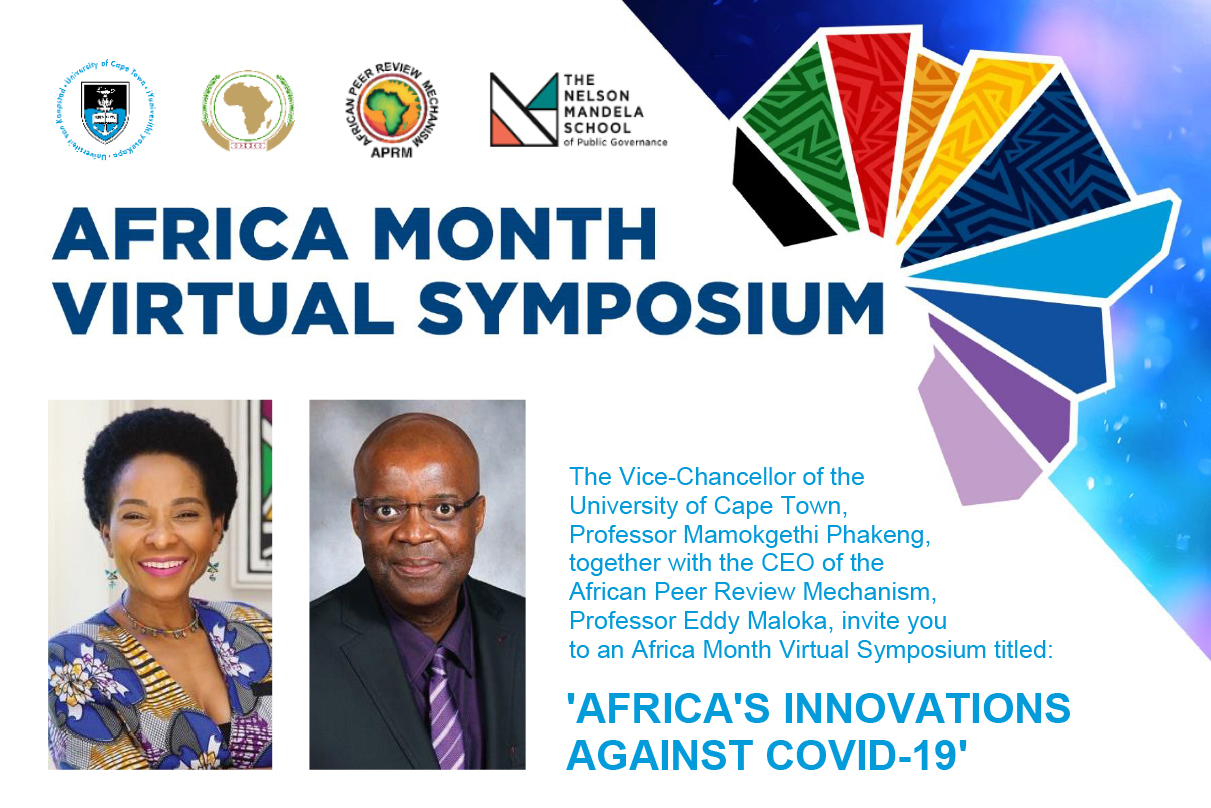
UCT wishes to acknowledge the generous event sponsorship received from Standard Bank for the UCT Africa Month Virtual Symposium Series.
- Knowledge systems and knowledge production on the Continent
- Why has Africa been less impacted by COVID 19?
- Unpacking the climate change and development nexus in Africa: Moving beyond obligations to opportunities
- Pan African reflections on leadership and good governance during COVID 19: good practice, challenges and opportunities
- COVID 19 philanthropy in Africa








